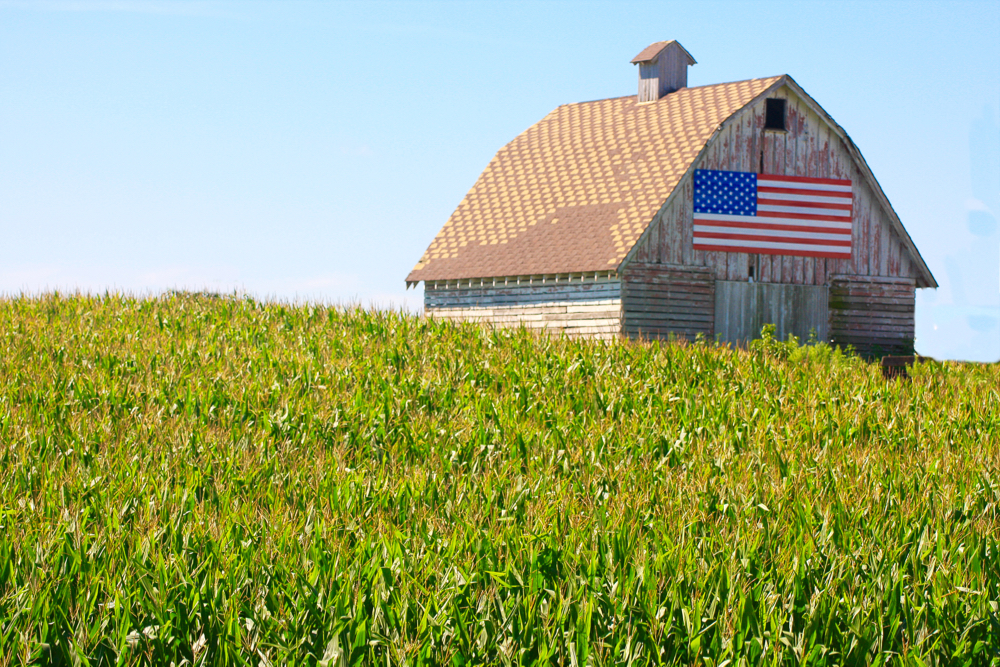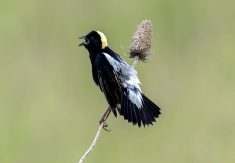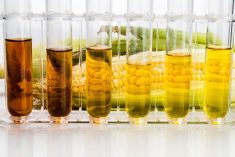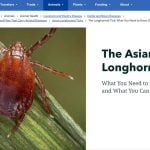Glacier FarmMedia – Canada and other countries are calling for more transparency of farm measures taken by members during COVID-19.
During a July 28 meeting of the World Trade Organization’s (WTO) Committee on Agriculture, some countries questioned how the international community can better monitor each country’s response to the pandemic through agricultural policies.
Australia introduced the main document, but it was sponsored by Canada, Brazil, New Zealand and Paraguay.
The countries suggested combining current WTO efforts with those being conducted by member countries, as well as urging nations to do a better job of submitting information to the international trade body.
Read Also
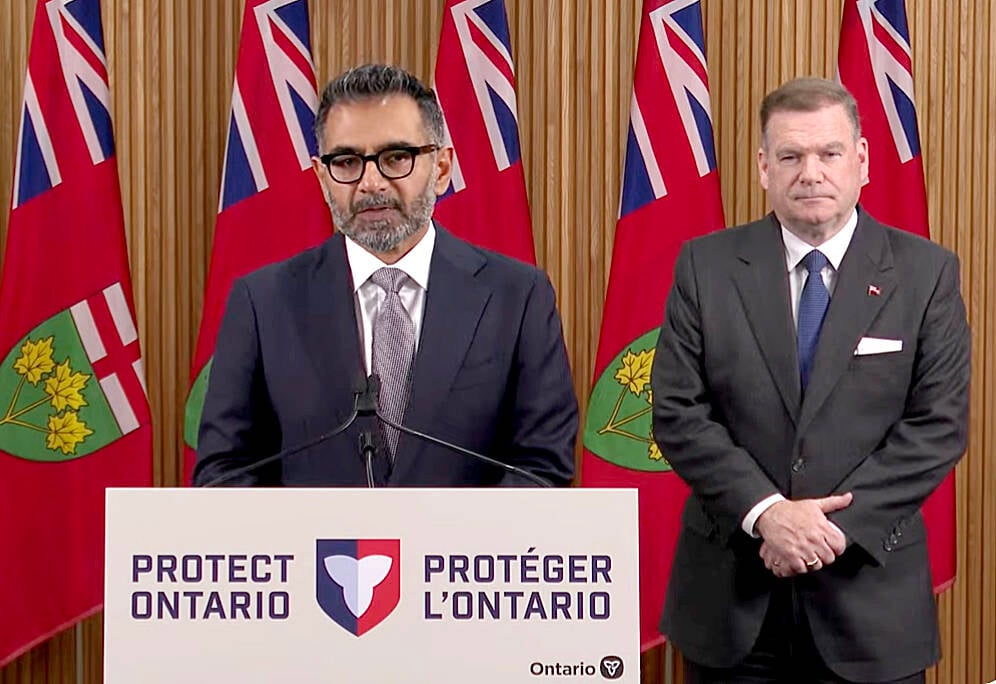
Conservation Authorities to be amalgamated
Ontario’s plan to amalgamate Conservation Authorities into large regional jurisdictions raises concerns that political influences will replace science-based decision-making, impacting flood management and community support.
It traditionally takes years for the WTO to get the notifications members are required to make about their own policies or laws. Australia and its co-sponsoring countries are asking to expedite that process because of COVID-19 and the amount of ad-hoc supports for agriculture it has ushered in.
“Through normal notifications, we may wait for years (to see those COVID-19 measures). Greater support measures should make the procedure easier,” read the submission from Australia, which gave an additional report on ad-hoc COVID-19 measures taken in that country.
Canada has committed to doing the same – but as of press time had not filed a report with the WTO – in an effort to help emphasize the need to track agricultural measures being taken in individual countries.
A WTO press release on the meeting indicated there is at least some initial support for the idea, but it remains unclear how transparent some countries are willing to be.
According to the WTO, “some members cautioned that the exercise of ad hoc reporting should not become a policing mechanism, arguing that members – especially developing country members – needed the necessary policy space to respond appropriately to the impact of the pandemic. Another member also warned that they should not be penalized for actively and voluntarily participating in this transparency exercise.”
In its ad hoc report on COVID-19 measures, the United States provided information on 11 programs but did not list any dollar amounts involved.
More transparency from the U.S. will be desired by at least some member countries.
Experts suggest the United States has likely exceeded its WTO-imposed limits on domestic support for agriculture for the past two years, reaching higher than US$30 billion for 2019 and 2020.
The European Union also submitted a report on ad hoc measures taken in the agricultural sector, which includes direct grants in some EU countries for the sector.
Across the EU, less than US$35 million is being used for the private storage of cheese, butter, sheep and beef.
Some member states – it is unclear how many – will also be allowed to grant a lump sum payment of up to roughly US$6,000 to individual farmers.
While members of the committee submitted 308 questions to one another on issues of agricultural trade since the last meeting in 2019, the July meeting focused on 146 of them that remain unanswered.
The meeting also featured a discussion on multiple EU environmental policies. Its “Farm to Fork” strategy released in February aims to reduce the use of chemical pesticides, fertilizers and antibiotics in agri-food production, while the European Green Deal aims to transform the EU into a carbon-free economy within the next 30 years.
Specifics are still being debated among member countries, but WTO members are cautiously monitoring the discussion to determine how some of those policies, like the introduction of a carbon tax, could impact trading relationships.
A “Transparency for food security” presentation focusing on COVID-19 also took place at the meeting.
According to the WTO, experts agree there are ample supplies of the main food crops in markets right now, but that, “the trade-restrictive measures imposed in response to the COVID-19 crisis, despite being smaller in number than in 2008-09, have led to severe disruptions in global supply chains and exposed many weaknesses and vulnerabilities, sending shock waves in transportation, labour markets and informal sectors.”


